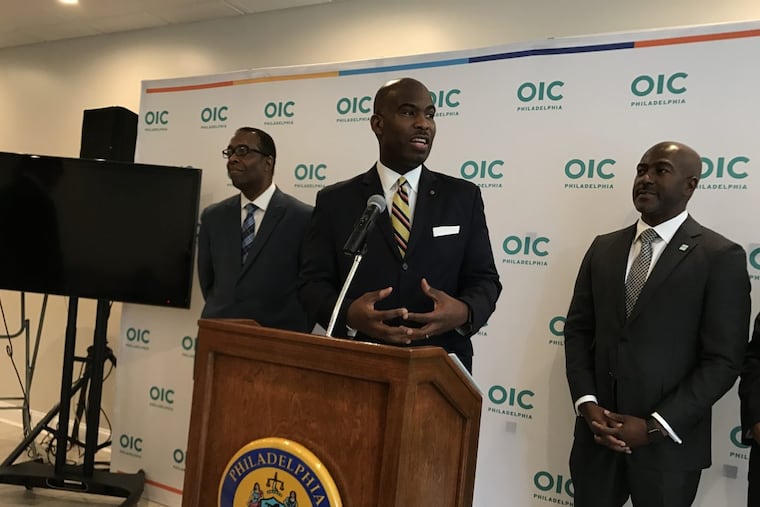Why Philly needs publicly financed political campaigns | Editorial
Public financing would force the imperiously ensconced to deal with something few Philadelphia incumbents must consider: real competition.

It sounds awful that some Philadelphia City Council members want taxpayers to spend $2 million or more a year on their election campaigns as well as the campaigns for mayor, district attorney, controller, sheriff, and the city commissioners.
But before gagging, please consider what that $2 million can buy. In exchange for matching public funds, candidates, including incumbent officeholders, would have to agree to a few new rules.
Spending would be limited, which is very important, because the U.S. Supreme Court's infamous 2010 Citizens United decision, as well as a few other misguided rulings, have made spending virtually untouchable.
Under a public financing system, candidates would have to agree to limit their spending to electioneering. They couldn't look to their campaign accounts as supplemental income. They couldn't use campaign money to buy clothes, expensive dinners, or exclusive club memberships, which has happened in Philadelphia.
Candidates would have to agree to more stringent contribution limits, which means they would have to ask more people for money. A bill before Council would give candidates a 5:1 match for contributions up to $150. This would force candidates to spend more time listening and getting to know constituents well enough to hit them up for small donations.
Best of all, imperiously ensconced officeholders would have to deal with what few incumbents in Philadelphia face: real competition. In the 2015 City Council races, there were 23 candidates for the seven Council-at-large seats. But for the 10 district Council seats, there were only two primaries and no competitive races in the general election.
That's sad, considering that Philadelphia's neighborhoods are brimming with smart, concerned advocates. But they have little chance against incumbents or the dominant Democratic Party because they can't raise enough money.
Philadelphia's elected officials are a diverse group in some respects, but they tend to be the same players or are connected to a familiar sugar daddy. The city needs to shake up the roster with new people with new ideas.
Critics of public financing ask why they should support candidates they don't agree with or even like. Doing that, they say, feels like bribery. But if public financing buys real competition, it's worth the price.
Philadelphia has been slowly moving toward more inclusive politics. In recent years, it has reined in campaign contributions and figured out how to force outside groups to disclose their income sources.
A public financing bill, sponsored by Councilman Derek Green, would be another blow against the corrupting influence of money in politics. The bill was heard in committee Tuesday and another hearing is expected in December.
But Council and the mayor aren't the only ones who would get to weigh in on public campaign financing. Voters would have to change the City Charter to allow that change. Council should put the question to the public because voters should make this decision. The government belongs to them, not any big-pockets campaign donor, and not the politicians.
Now, doesn't that make public financing sound better?